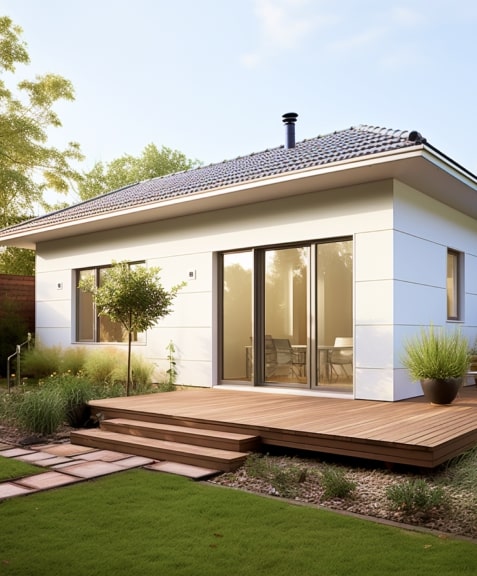
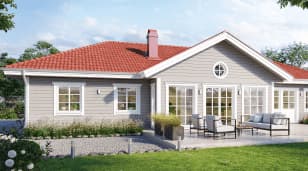


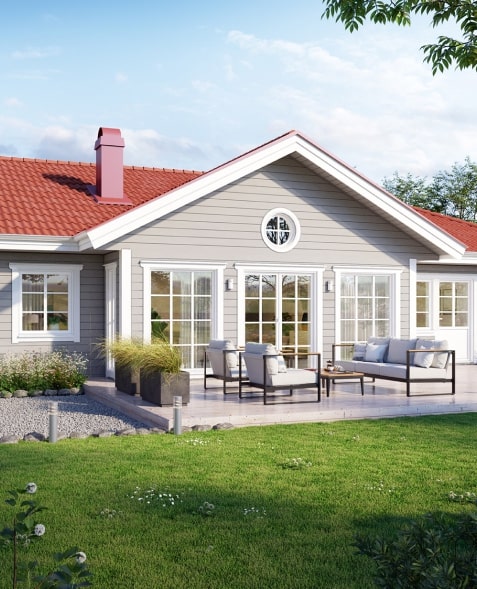
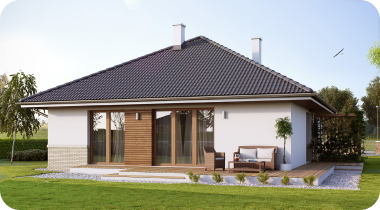
A link to download your FREE brochure will be in your inbox in 3 minutes
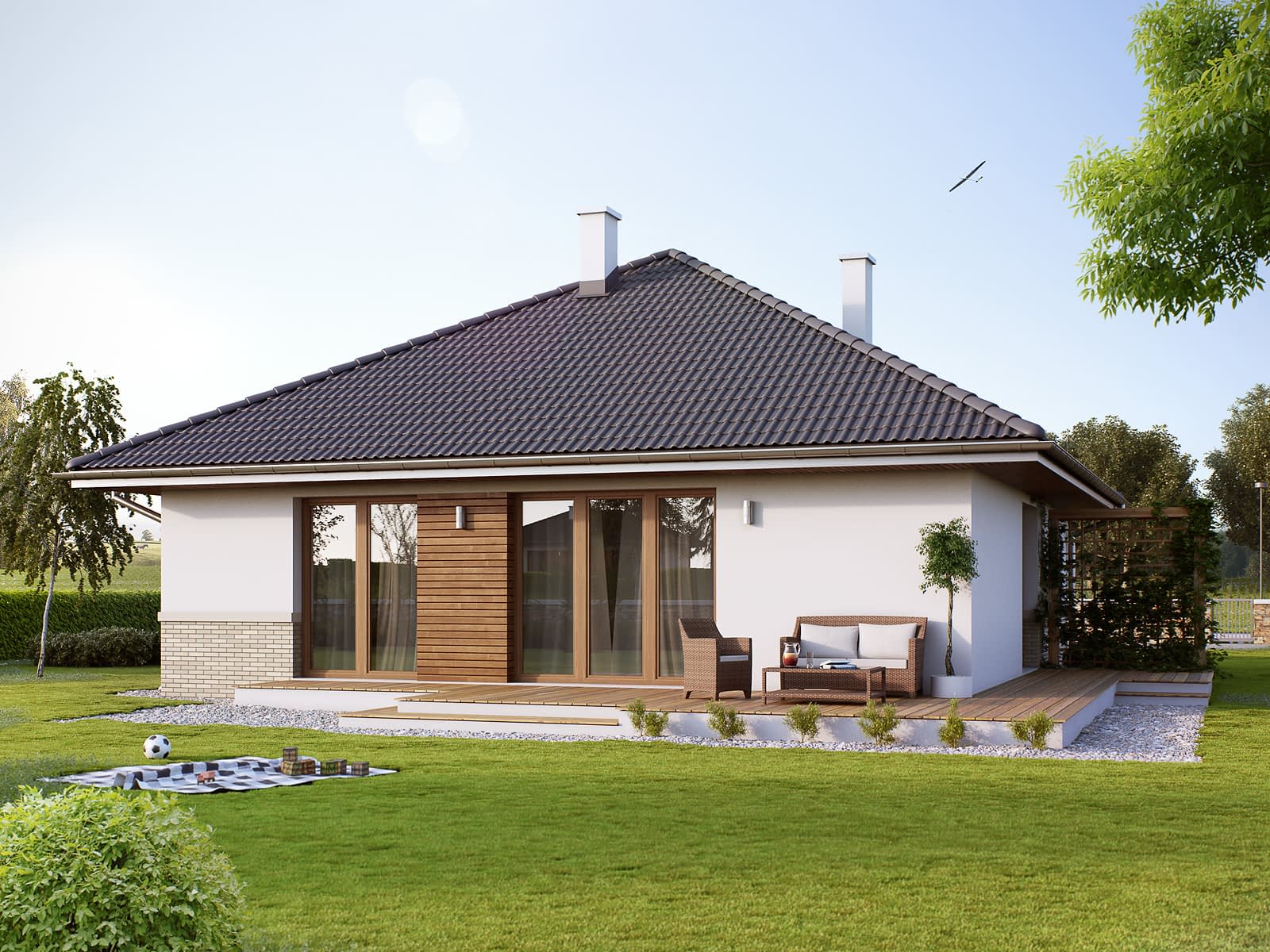





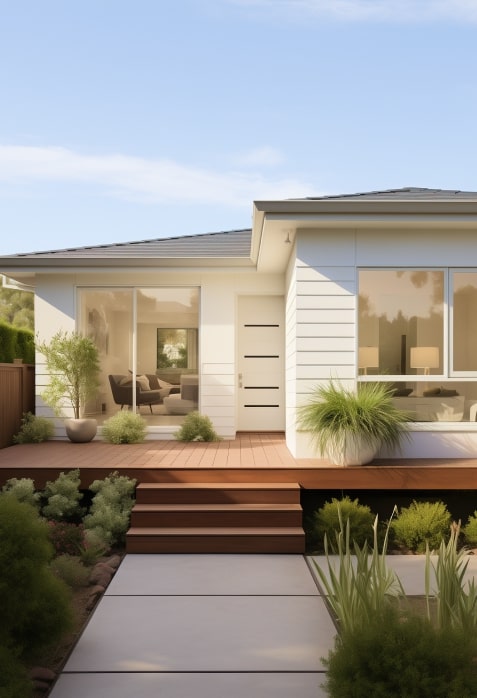
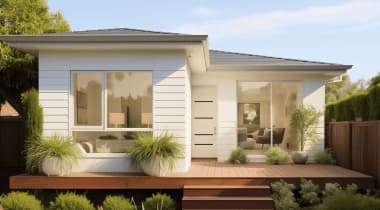











The final price may vary based on project specifics.
To get a free accurate quote tailored to your needs, book a consultation with us today!

The price per square foot provided is an average and may vary depending on project-specific details such as materials, location, complexity, and other factors. Actual costs may differ from the average provided.
It is recommended to obtain a detailed quote based on the specific requirements of your project.

Please note that the monthly payment displayed on this page is an estimate and is subject to variation based on the selected loan product, applicants credit score, loan amount, and other financial details. Actual monthly payment may differ from the estimate provided.
It is recommended to seek advice from a financial advisor or loan officer to obtain precise payment information tailored to individual circumstances.
 Your Trusted
Local Contractor
Your Trusted
Local Contractor
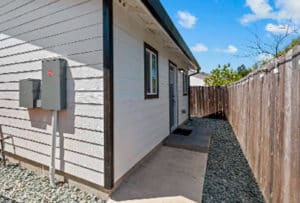
Many single family residence owners consider maximizing their property value and potential. An amazing variant for this is an ADU, also known as an accessory dwelling unit. One of the biggest ADU advantages is that you can use it for different purposes, one of which is a guest house.
In our article, we’ll describe what a guest house is, which distinctive features it has, and how it differs from other ADU types. If it’s hard for you to choose between building an ADU and a guest house, our material can be helpful to you!
An accessory dwelling unit (ADU, “in-law suite,” or “granny flat”) is a separate living space situated on the same property as the primary residence. It’s got all the necessary conveniences: electricity, plumbing, a bedroom, a bathroom, and cooking facilities. So, it’s as suitable for living as the main house.
There are several types of accessory dwelling units:
Moreover, they can have various purposes. For example, you can rent your ADU out and generate rental income, use it as a mini-office, or as a separate living space for your elderly family members.
Another common ADU purpose is a house for short-term guests. It’s very convenient if you like to have parties, or your friends simply often stay at your place.
A guest house is a secondary dwelling specially designed to accommodate guests (such as a pool house). Just like a regular ADU, it’s a full-fledged, self-contained living space equipped with all the main conveniences. It has a bathroom, a bedroom, and a separate entrance. However, in some cases, it’s too small to have its own kitchen and a full bathroom — instead, it has only a small kitchenette and a half-bathroom. Some guest houses resemble an extra room more than a house — but they’re also very comfy and possible to live in happily. A distinctive characteristic of a guest house is that it can be only a detached ADU.
With such a structure, you can host your friends without compromising your or their privacy. You’ll be able to provide them with a real backyard cottage to stay in for a night. Isn’t it great?
Because guest houses provide only short-term accommodations, they’re usually smaller than regular accessory dwelling units. In many places, their square footage requirements are significantly softer. For example, some local regulations allow guest houses to be smaller than 800 sq. ft. Also, in some areas, classic ADUs require owner occupancy, while guest houses don’t.
Zoning laws are another point that sets guest houses apart from classic ADUs. Both of them have various limitations — for instance, a lot of coverage or setbacks. Typically, these rules depend on local regulations and the building type. In some places, local authorities consider a guest house merely an addition to the primary residence rather than an utterly standalone structure. So, zoning requirements are also softer. But they still exist, and in order to construct a guest house legally, you’ll have to submit to all of them.
Any additional living space, be it a regular ADU or a guest house, needs basic utilities such as electricity and plumbing. But construction considerations are often very different. Since ADUs are secondary dwellings according to many local laws, they need more thorough planning. An ADU project has to fit more health, safety, and other regulations than a guest house. Also, ADUs often require more detailed infrastructure, which means that a guest house is usually faster and cheaper to construct.
The cost of any construction can be extremely different. It depends on lots of things — square footage, materials, design, and so on. Oftentimes, regular ADUs are more pricey, since they’re a permanent residency and thus require more in-depth planning and higher-quality materials.
You can obtain a construction loan for an accessory dwelling unit via typical mortgage options. However, some lenders can have special requirements regarding its specifications. Additionally, some places have special ADU-supporting programs that can make financing much easier.
For a guest house, you can get a HELOC (home equity loan or line of credit). However, because this type of construction is cheaper, some property owners prefer to pay for it from their own savings.
Guest houses have some important advantages. Such a construction gives you way more flexibility when inviting friends and can also serve as your own retreat. Moreover, like a regular ADU, it greatly increases your property values.
Let’s look at the main upsides of a guest house:
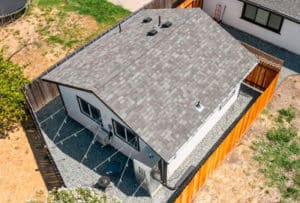
Now, let’s move on to the advantages of classic ADUs.
They are the following:
Can’t decide whether a regular ADU or a guest house is more suitable for you?
Then, consider these things:
Either variant of a tiny home has its own perks. To select the most suitable variant, you’ll have to know all their differences. Do you want to create a comfy place for your friends to stay overnight or long-term housing for your aging family members? To make the right choice, you’ll need to choose carefully and attentively.
When you’ve selected the right option, don’t forget to attend a consultation with construction specialists and thoroughly read the state law, property taxes, zoning, and building codes of your local government. Try to get as much information about it as possible to avoid making mistakes when constructing your new tiny house. In case you lack the necessary competence to build it, hire a team of skilled professionals. It can seem too expensive, but in reality, it will help you save money since you won’t have to fix any errors afterward.
We wish you good luck in building an ADU or a guest house!
A guest house is a smaller subtype of ADU, sometimes with less conveniences. Both guest houses and ADUs are affordable housing options, but accessory dwelling units are typically costlier. An ADU is a full-fledged single-family home, ideal for potential rental income or multi-generational living — especially if it’s a detached ADU. Meanwhile, a guest house is an accessory structure suitable mainly for short-term living. Also, ADUs can be of various types, such as detached or attached to the main house. A guest house can only have a detached type.
Yes. No matter how big your property and the main residence are, you can construct one or even two ADUs of 800 square feet. In California state law, there’s no significant difference between ADUs and guest houses.
ADUs and guest houses have plenty of advantages, but their main drawback is that they can make your existing property seem to lose space. Of course, the overall property size won’t change, but for some people, even visual shrinking of their lot is a significant reason not to build anything on it in addition to their existing home.
Get a First Look at Real ADU Projects